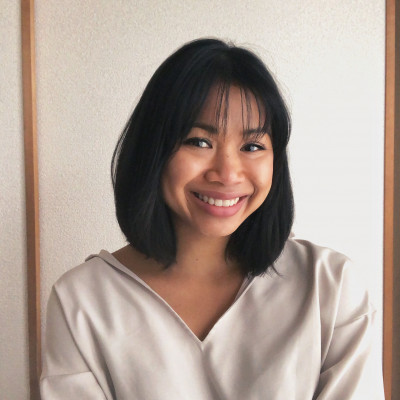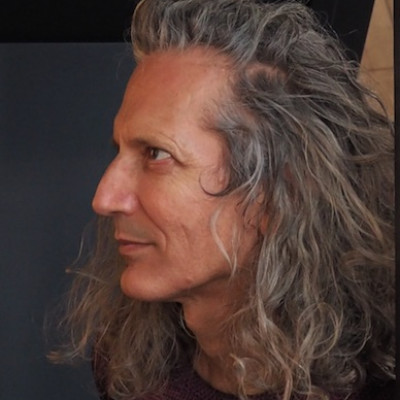Sessions / Location Name: F33: DO NOT RECORD
Physical Location
Location: F33
Building: Miwa Campus Building < The University of Nagano
Transforming rudimentary tasks through the use of authentic materials #2868
One of the most vital, yet challenging tasks of a language instructor is to create activities that offer a variety of real-world applications to help prepare students for life beyond their studies. Standard curricula, textbooks, and high-stakes tests are often rigid, with little room for creativity and relevant learning experiences. An increasing number of studies show that scaffolding authentic materials provides countless linguistic benefits, such as improved communicative competence (Berardo, 2006; Mishan, 2005), listening comprehension (Otte, 2006), exposure to unstructured language (Rogers & Medley, 1988), and non-linguistic advantages, such as motivation (Nuttall,1996) and enhanced cultural understanding (Little et al., 1989). This session will begin with an overview of the academic discussion revolving around the use of authentic materials in a foreign language classroom. Following this, the presenter will explore guidelines to consider when selecting authentic materials, and some simple, yet effective strategies for integration. In closing, the presenter will share some practical tasks that they have implemented in their Japanese university classes and offer insight into how it has impacted their students. The session will revolve around this question: How can educators exploit authentic materials to close the gap between the real world and the classroom environment?
Challenges in arranging International Virtual Exchange (IVE) partnerships #2832
The pandemic has forced many of us to move outside of our teaching comfort zones to master the use of online conferencing software, learner management systems, and other online tools. Through the experience of having to adapt to entirely online, hybrid, and hyflex teaching situations, participating in International Virtual Exchanges (IVEs) is less daunting than ever before. However, even though the technical hurtles are far lower, it remans a considerable challenge to find suitable partners, negotiate conditions for the exchange, and work out mutual or complementary goals. The presenter, who has engaged in such exchanges at the tertiary level for more than a decade, will share ideas for how to get the most out of them, whether the main focus is linguistic, cultural, or a combination of the two. Areas to be covered in the workshop include practical considerations such as the choice of partner classes or institutions, the selection of platform (e.g., Moodle vs. social networking apps), the role the exchange will play in student evaluation, and how it can fit pre-existing curricular goals for the respective sides of the exchange.

